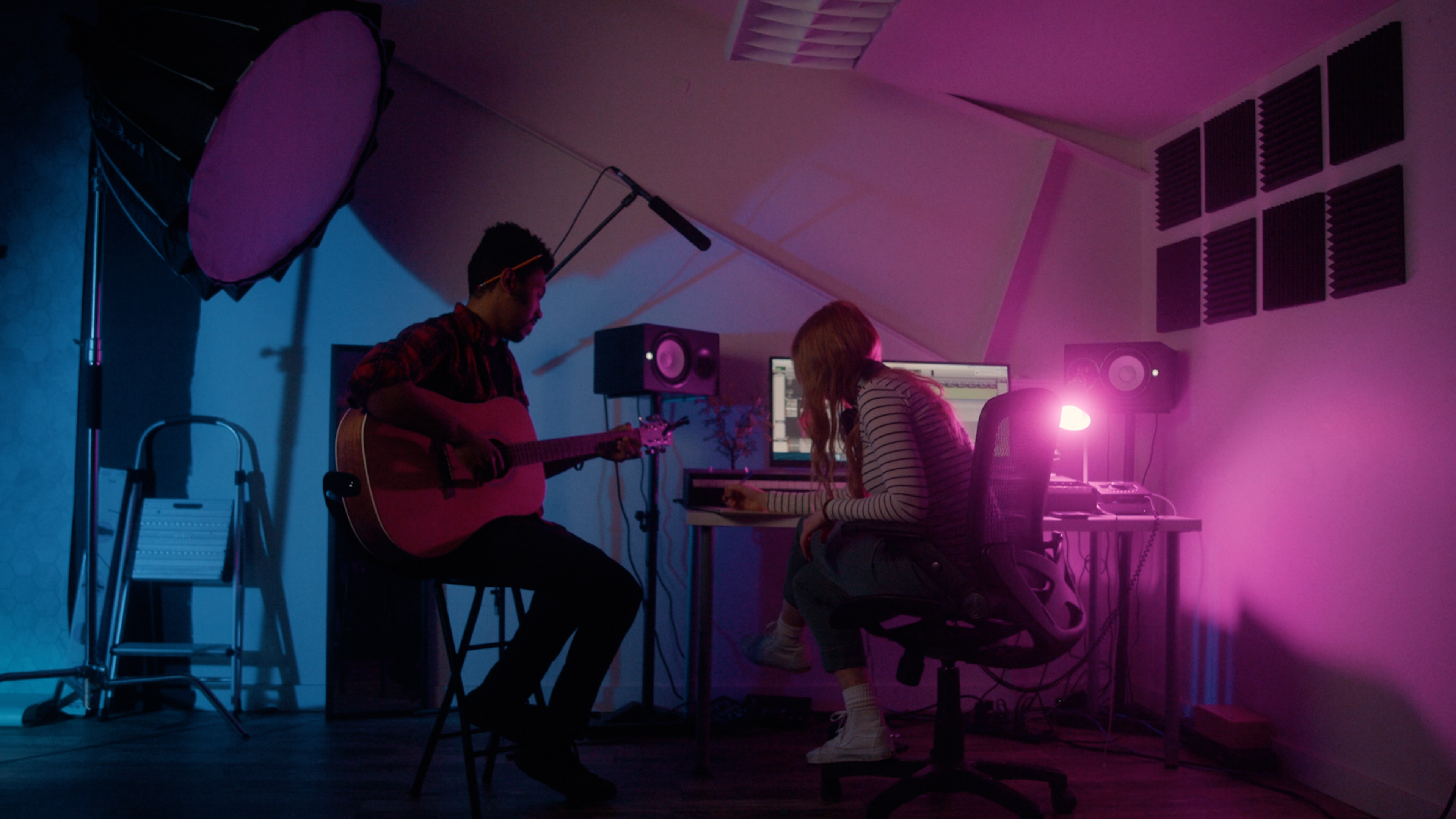
4 Things To Know When Hiring A Composer
I’ve had the unique dual experience of being both a filmmaker and composer. And I’ve used this knowledge to develop these tips.
Continue ReadingA name that has become synonymous with cinematic music, Caleb Etheridge has an unmistakeable, captivating sound. From intimate piano melodies to soaring orchestras, Caleb’s music is sure to elevate any story to new heights.
We sat down with the acclaimed composer to talk about his inspiration, strengths, and difficulties in the world of music licensing.
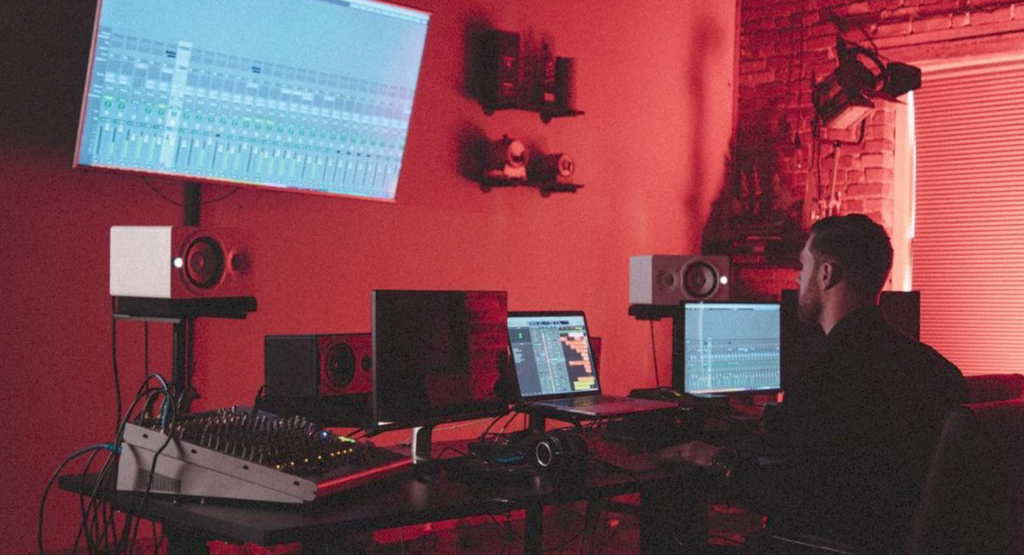
I’ve been creating music for fun with my brothers since 2007, maybe even a little before that.
We were in high school back then, and we would just record various styles of rock music using GarageBand.
Even after high school, when we all kind of started doing our own thing, (college, work, etc.) I never stopped creating music with my youngest brother, Josh.
Josh was introduced to music licensing probably around 2014, and a couple years later, he convinced me to try my hand at it.
So I’ve been creating music for film since 2016 or so. I’ve been doing it full-time since 2017.
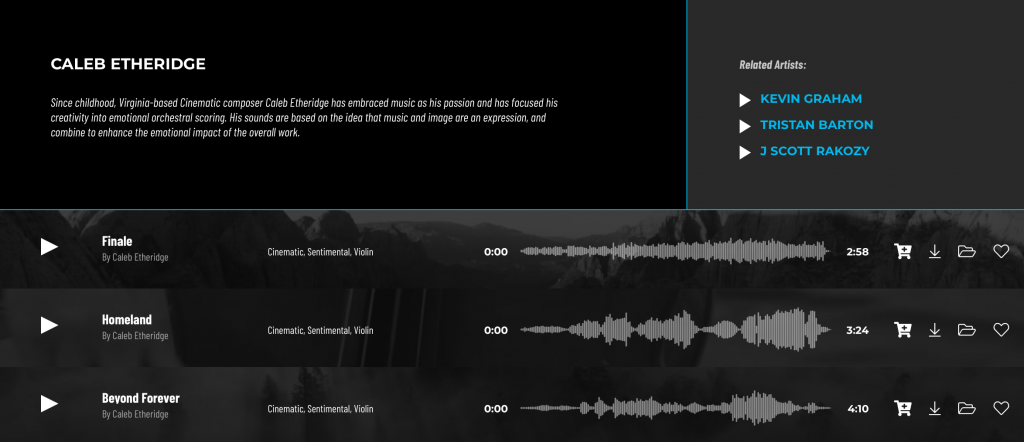
I’ve been playing guitar since I was 13 or so. I never had any lessons, so I would learn how to play songs by ear. I always loved film music and would sit for hours learning each part of a Hans Zimmer arrangement so I could play it on my guitar.
So figuring stuff out on my own, and making it make sense in my head, gave me a good understanding on how to compose.
I then worked to transfer what I knew from guitar over to piano, which is an easier writing tool.
Then when I decided I wasn’t happy working at a sheet metal shop I quit and focused on music. I took a little leap and thankfully it’s worked out so far.
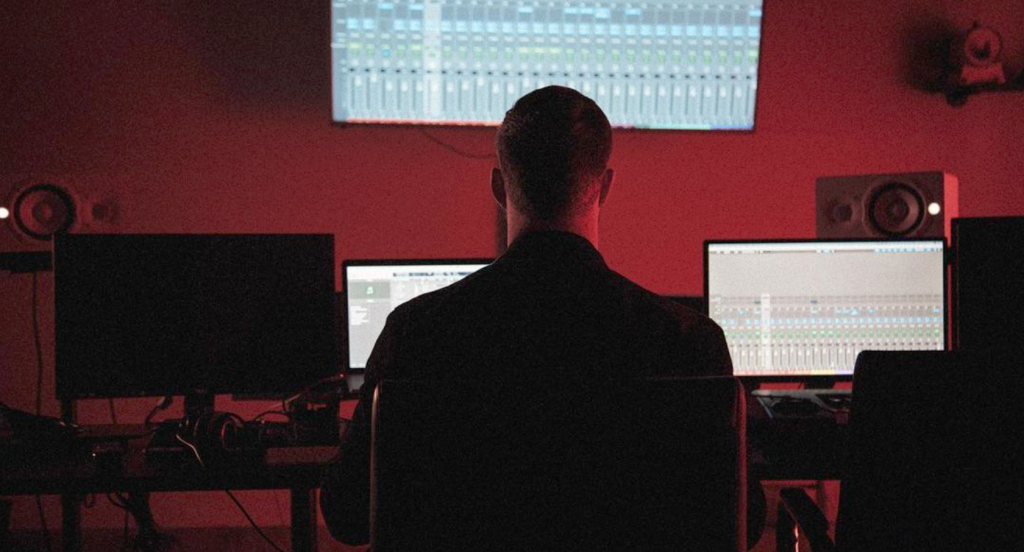
For me, I think one of the hardest parts of being a creative is constantly getting down on myself. Comparing my music to my peers, that sort of thing. I’ll listen to someone’s song and be completely astounded at how they were able to create something that good.
But you eventually get through it, and I think it actually pushes you forward. It makes me want to get better.
Another big thing is knowing when something is finished. I feel like I could spend forever working on the details of a song, but learning when to stop is huge.
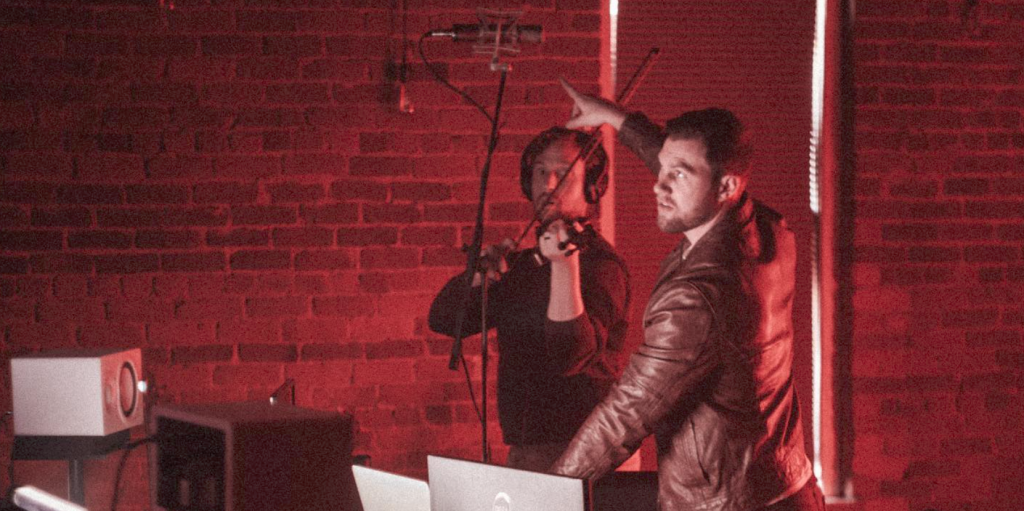
I think I’m just a very creative person. I’m easily inspired.
Thank God my parents got me that guitar for Christmas when I was young, because music gives me the perfect outlet for releasing my creativity.
I’ve been making music before I knew I could make money doing it. Loving what you do is always going to be a contributor to success.
Another thing that’s helped me, I think, would be my efficiency.
I make music for multiple libraries, some exclusive, some not. Being able to write different music for different libraries in a decent amount of time is huge.
They say time is money, so learning how to do good work in a timely manner is a great thing.

As far as inspiration goes, there isn’t one single thing for me. My inspiration can come from anything.
A mountain, a tree, a memory, beautiful music or art, a movie, an email from a fan, or even a comment.
It’s always super inspiring when you get a message from someone telling you how your music made them feel or how it helped in some way.
If I had to pick, I’d actually say that type of thing is the best.

This is a hard one for me. I wouldn’t take back anything that’s happened.
Everything that’s happened has led me to where I am now, and made me who I am now.
But, if I had to pick something specific, I’d just tell myself to focus more and improve on the mastering side of things.
But my music has gotten me to where I am right now, and my music wouldn’t be the same if my journey was different.
So, there’s not much I would change.
You can license Caleb Etheridge’s music on Filmpac.

I’ve had the unique dual experience of being both a filmmaker and composer. And I’ve used this knowledge to develop these tips.
Continue Reading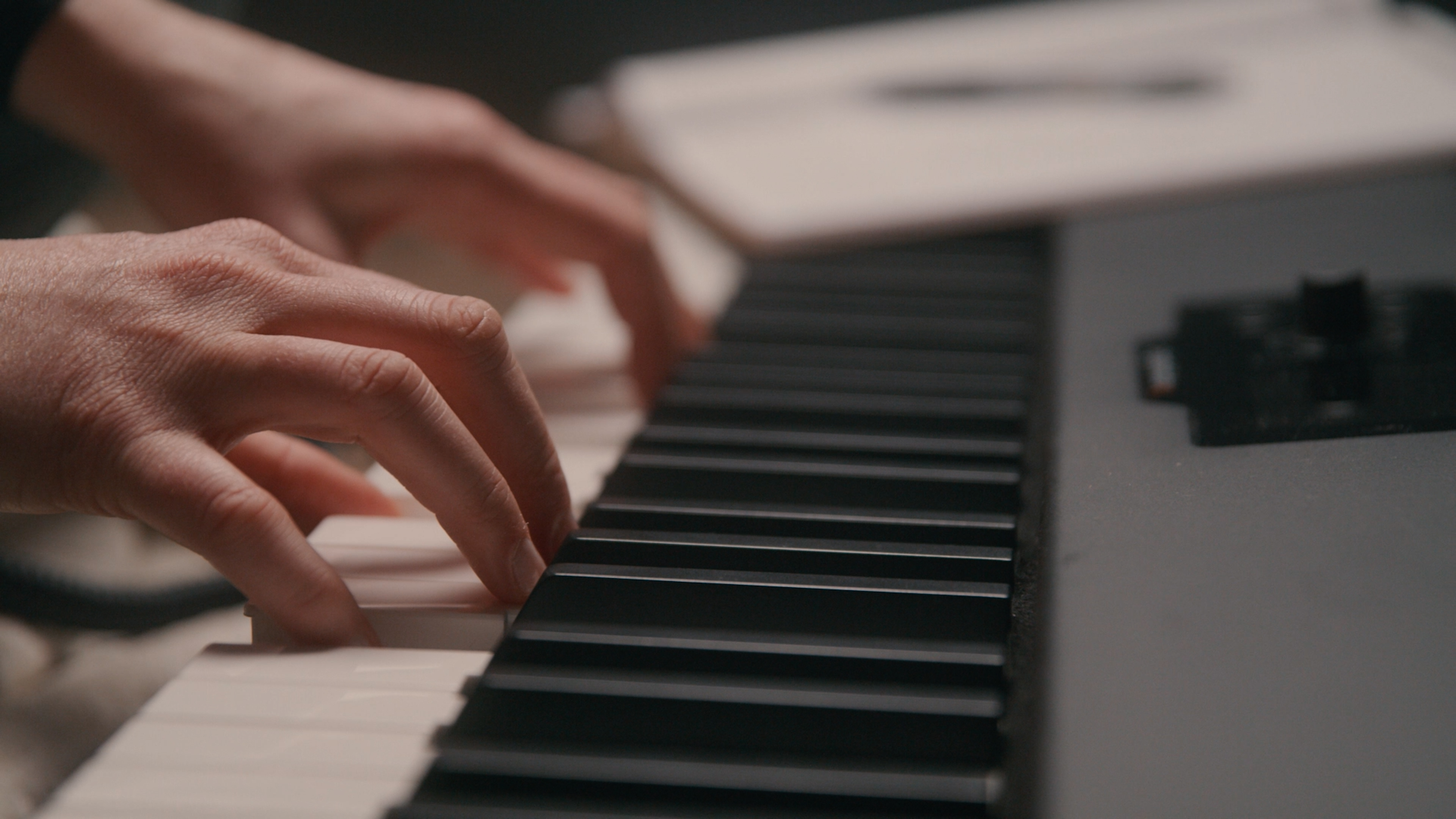
There are basically two ways to get that music: either hiring a composer, or licensing pre-existing music from a stock website.
Continue Reading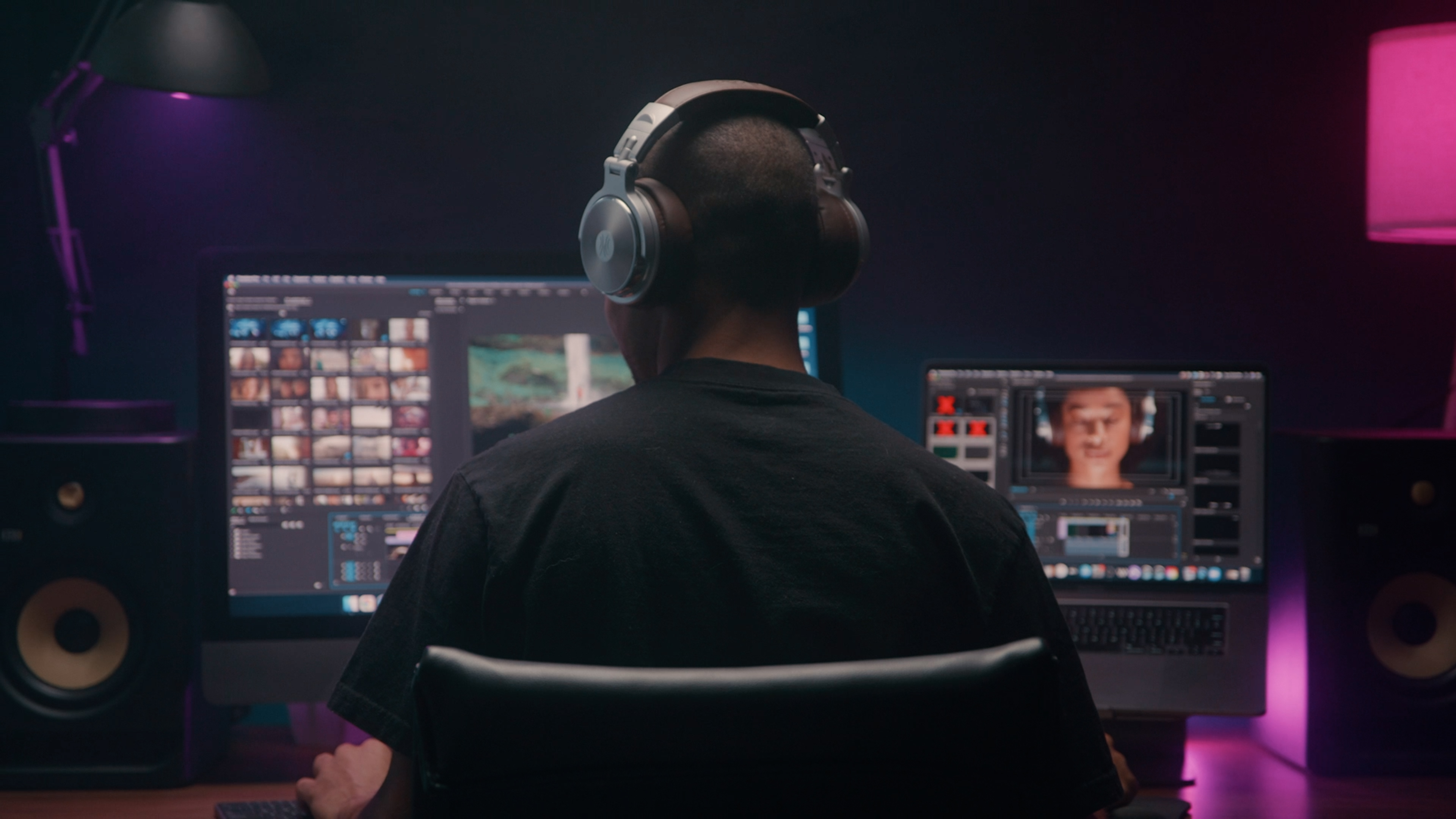
An audio limiter is a great tool to help you control your video’s loudness. We explain when and how to use one here.
Continue Reading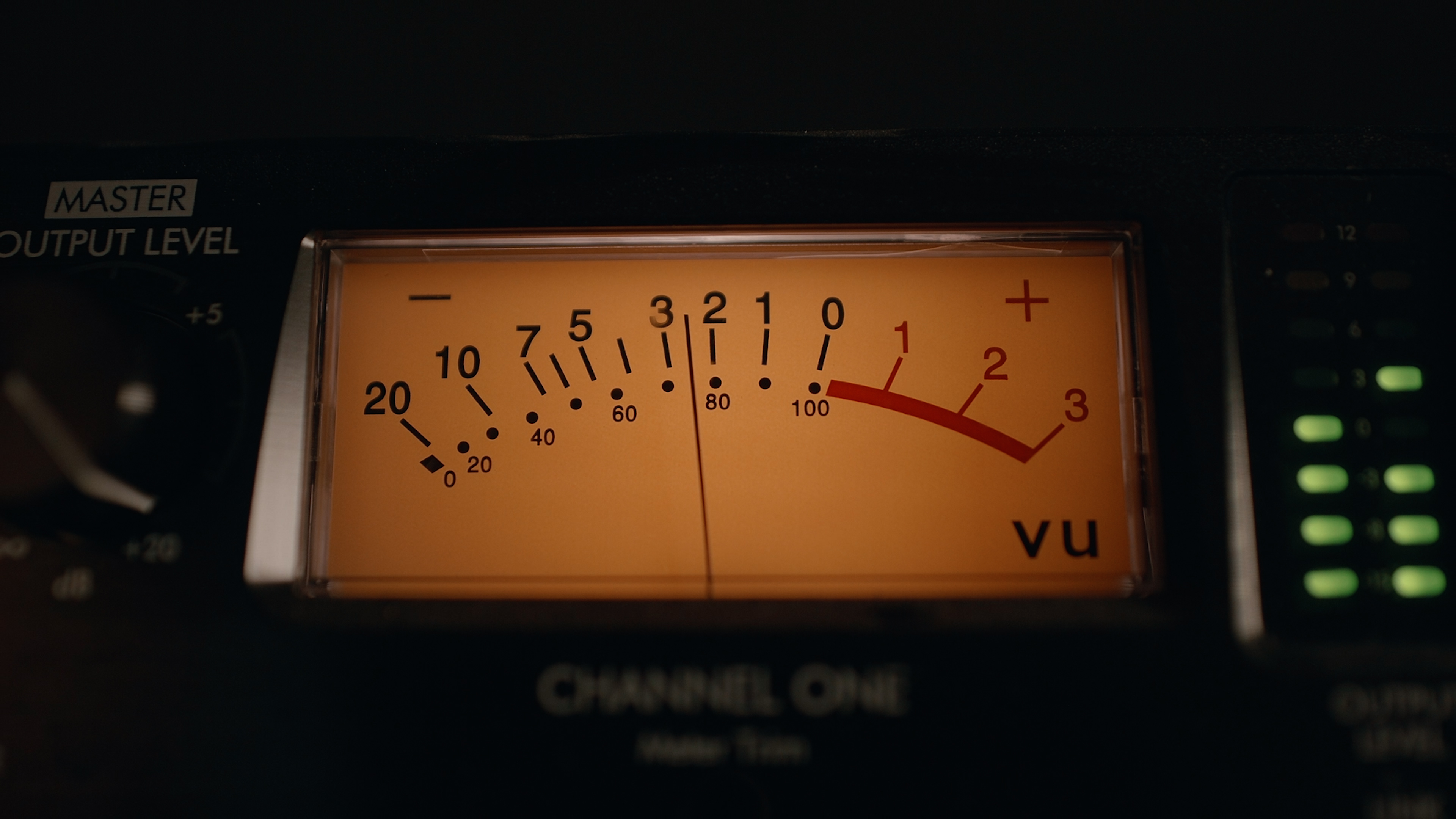
One of the most useful audio effects in video post production is compression. This article explains what it is and when to use it.
Continue Reading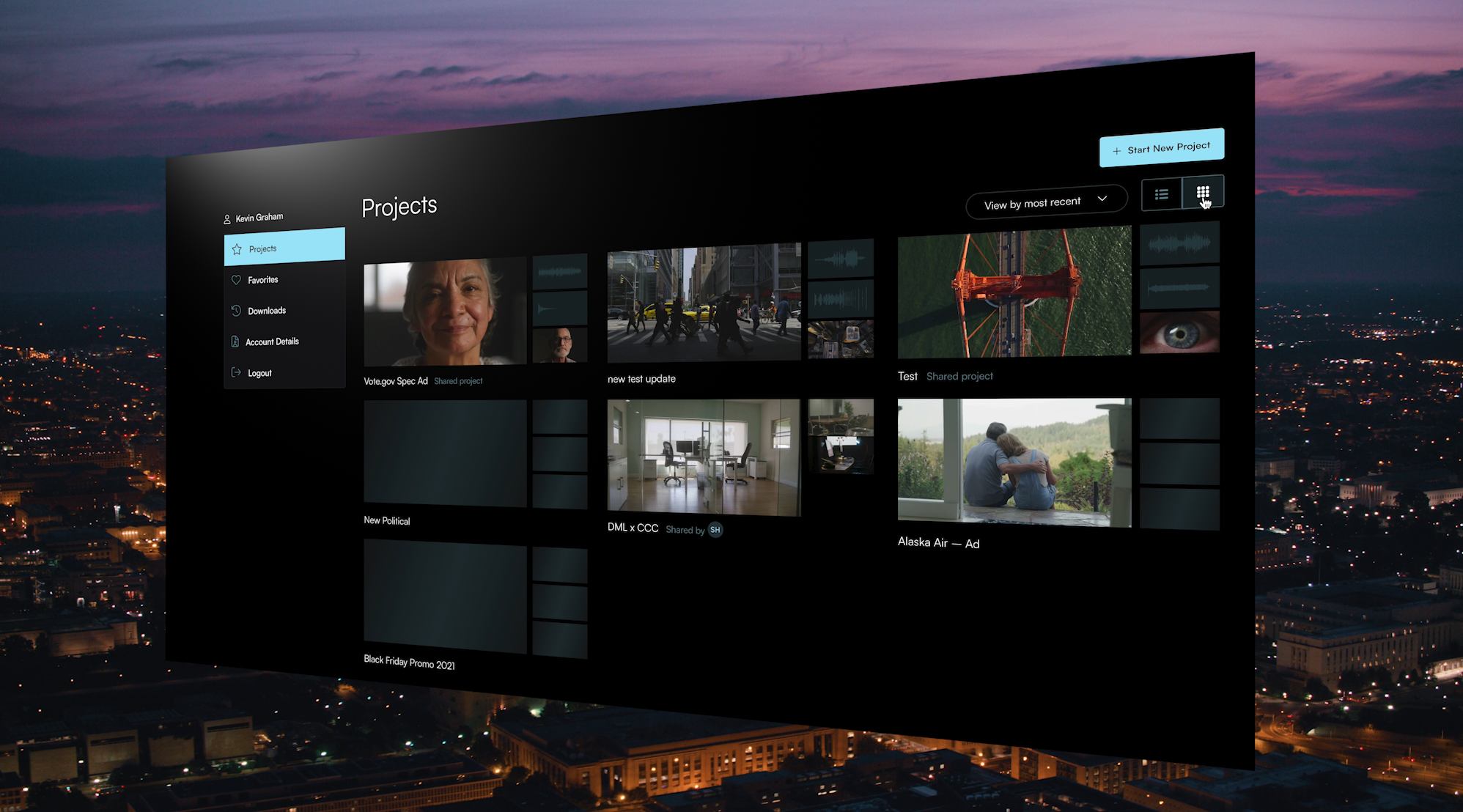
Filmpac’s newly-designed Project Feature is a powerful tool for collaborative video editing. Here’s a quick rundown of how it works.
Continue Reading
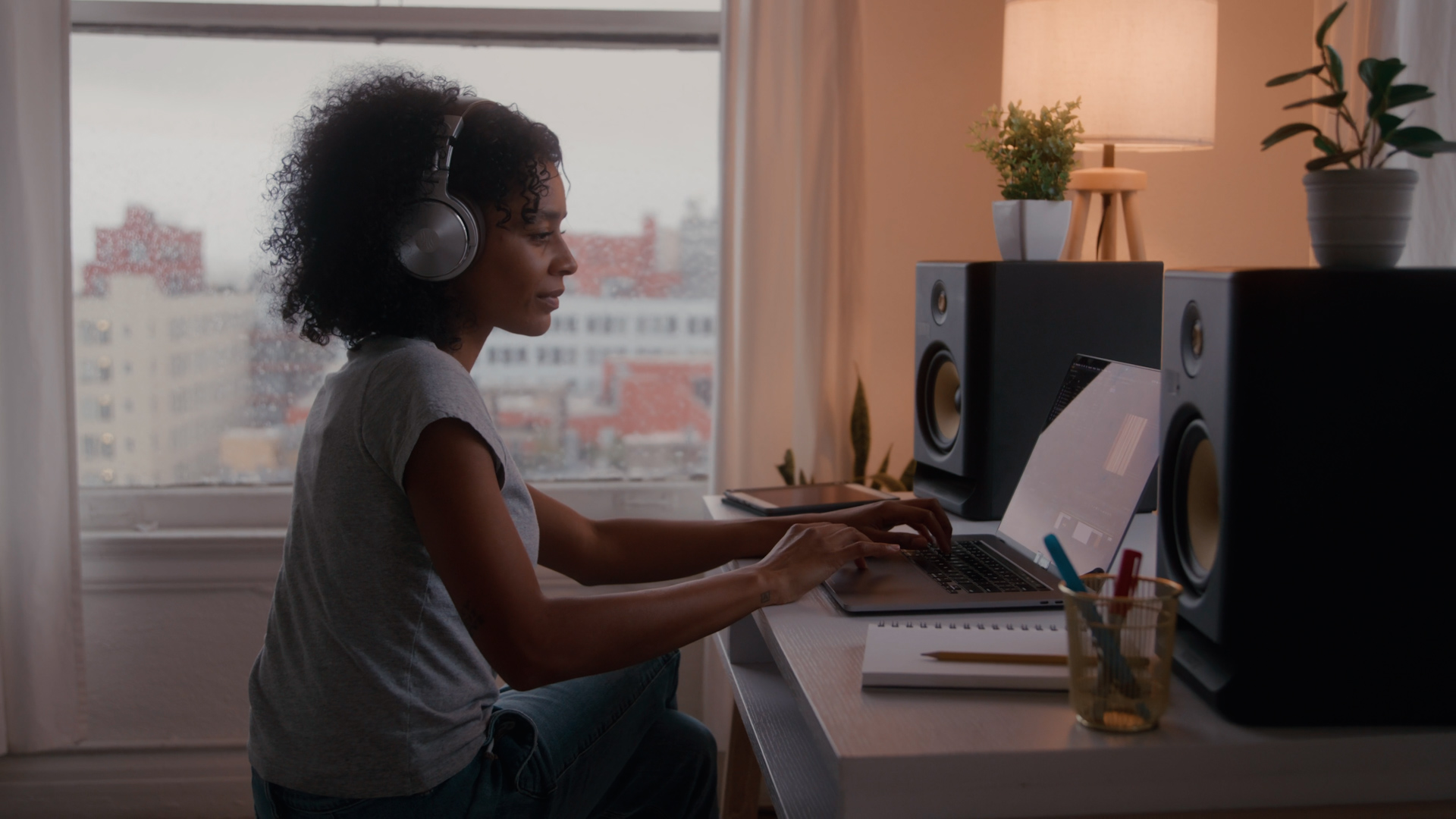
One of the most difficult parts of being a professional filmmaker is effectively managing and budgeting your time.
Continue Reading
Want to make money selling footage through a major stock footage platform like Filmpac? This page will walk you through the processs.
Continue Reading